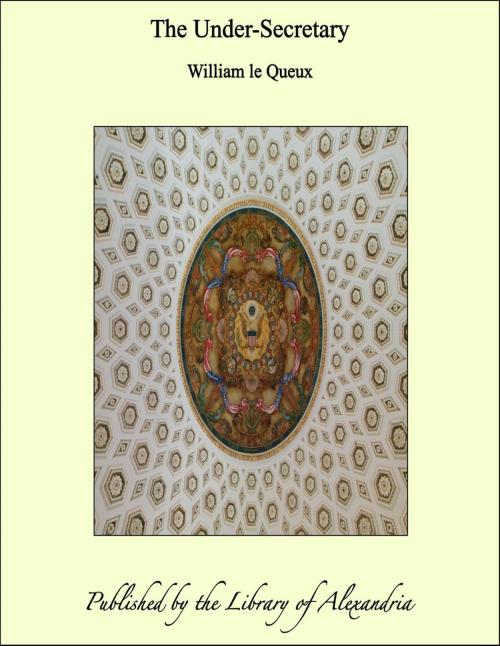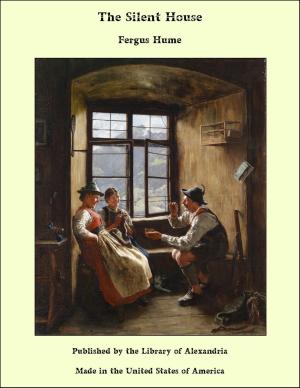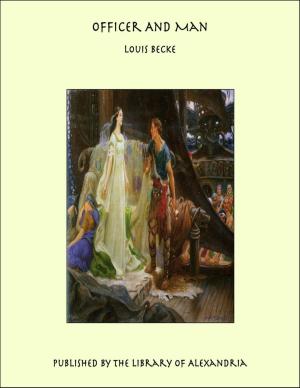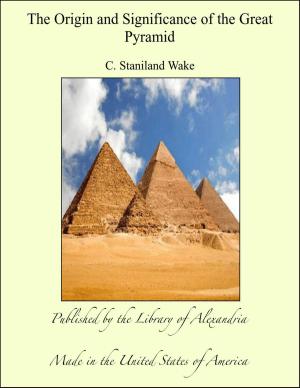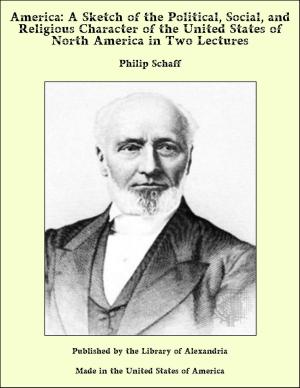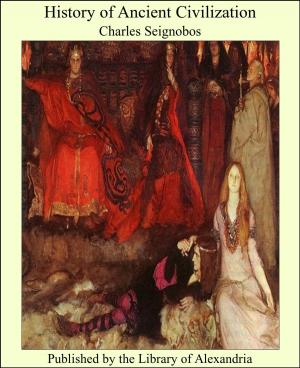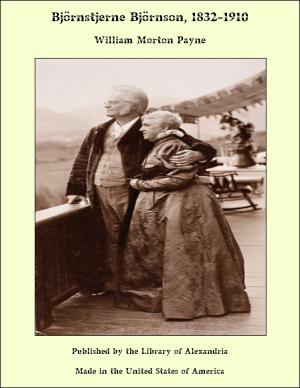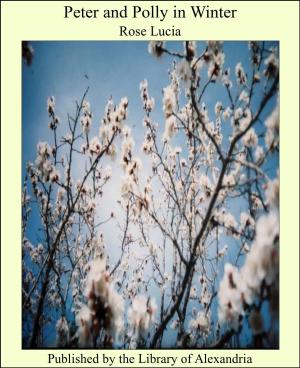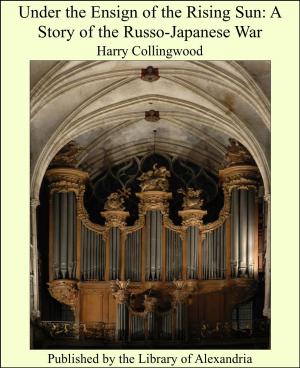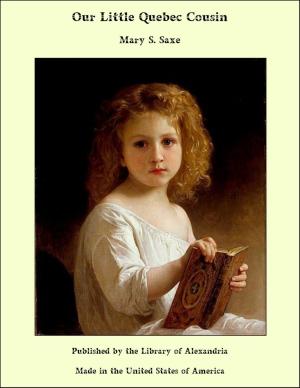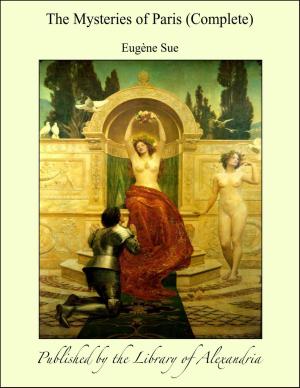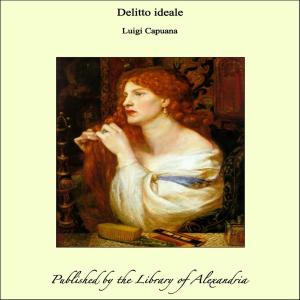| Author: | William le Queux | ISBN: | 9781465552808 |
| Publisher: | Library of Alexandria | Publication: | March 8, 2015 |
| Imprint: | Language: | English |
| Author: | William le Queux |
| ISBN: | 9781465552808 |
| Publisher: | Library of Alexandria |
| Publication: | March 8, 2015 |
| Imprint: | |
| Language: | English |
Is mainly about a Man. Two o’clock—two o’clock in the morning. The bells had just chimed the hour. Big Ben had boomed forth its deep and solemn note over sleeping London. The patient constable on point-duty at the foot of Westminster Bridge had stamped his feet for the last time, and had been relieved by his colleague, who gave him the usual pass-word, “All right.” The tumultuous roar of traffic, surging, beating, pulsating, had long ago ceased, but the crowd of smart broughams and private hansoms still stood in New Palace Yard, while from the summit of St. Stephen’s tower the long ray of electricity streamed westward, showing that the House of Commons was still sitting. The giant Metropolis, the throbbing heart of the greatest empire the world has known, was silent. London, the city of varying moods, as easily pleased, as easily offended as a petted child; London, the dear, smoke-blackened old city, which every Englishman loves and every foreigner admires; London, that complex centre of the universe, humdrum and prosaic, yet ever mysterious, poetic and wonderful, the city full of the heart’s secrets and of life’s tragedies, slept calmly and in peace while her legislators discussed and decided the policy of the Empire. The long rows of light on the deserted terrace and along the opposite shore in front of St. Thomas’s Hospital threw their shimmering reflection upon the black waters of the Thames; the cold wind swept roughly up the river, causing the gas-jets to flicker, so that the few shivering outcasts who had taken refuge on the steps of the closed doorway of Westminster Station, murmured as they pulled their rags more tightly round them. Only the low rumbling of a country waggon bearing vegetables to Covent Garden, or the sharp clip-clap of a cab-horse’s feet upon the asphalt, broke the quiet. Except for these occasional disturbances all else was as silent on that dark and cloudy night in late October as if the world were dead
Is mainly about a Man. Two o’clock—two o’clock in the morning. The bells had just chimed the hour. Big Ben had boomed forth its deep and solemn note over sleeping London. The patient constable on point-duty at the foot of Westminster Bridge had stamped his feet for the last time, and had been relieved by his colleague, who gave him the usual pass-word, “All right.” The tumultuous roar of traffic, surging, beating, pulsating, had long ago ceased, but the crowd of smart broughams and private hansoms still stood in New Palace Yard, while from the summit of St. Stephen’s tower the long ray of electricity streamed westward, showing that the House of Commons was still sitting. The giant Metropolis, the throbbing heart of the greatest empire the world has known, was silent. London, the city of varying moods, as easily pleased, as easily offended as a petted child; London, the dear, smoke-blackened old city, which every Englishman loves and every foreigner admires; London, that complex centre of the universe, humdrum and prosaic, yet ever mysterious, poetic and wonderful, the city full of the heart’s secrets and of life’s tragedies, slept calmly and in peace while her legislators discussed and decided the policy of the Empire. The long rows of light on the deserted terrace and along the opposite shore in front of St. Thomas’s Hospital threw their shimmering reflection upon the black waters of the Thames; the cold wind swept roughly up the river, causing the gas-jets to flicker, so that the few shivering outcasts who had taken refuge on the steps of the closed doorway of Westminster Station, murmured as they pulled their rags more tightly round them. Only the low rumbling of a country waggon bearing vegetables to Covent Garden, or the sharp clip-clap of a cab-horse’s feet upon the asphalt, broke the quiet. Except for these occasional disturbances all else was as silent on that dark and cloudy night in late October as if the world were dead
